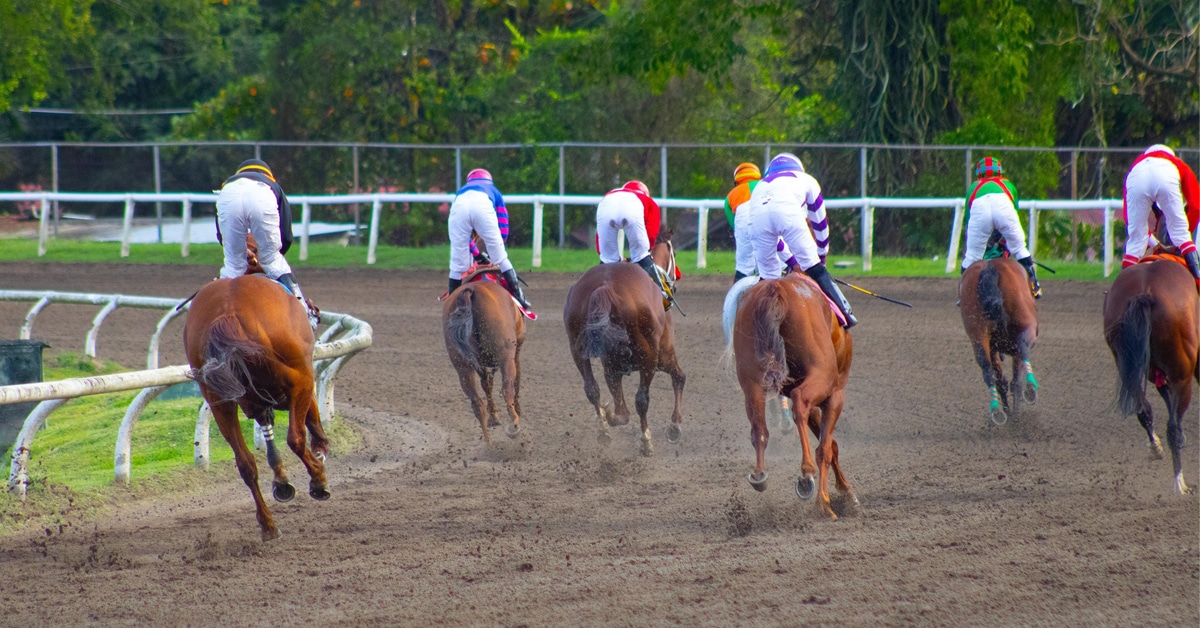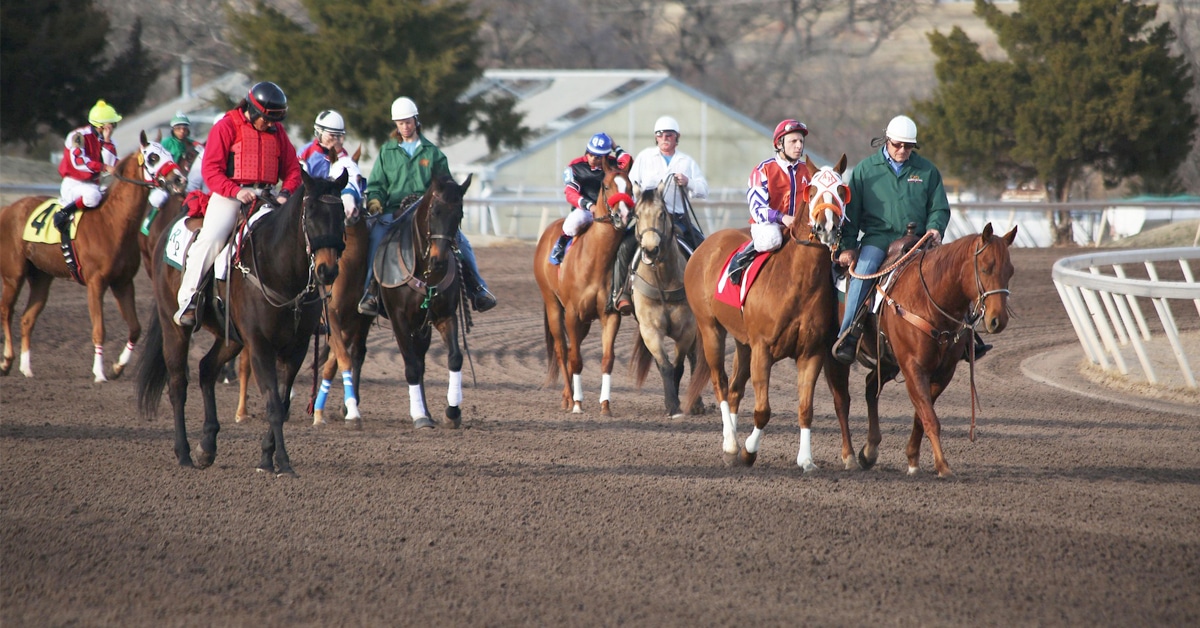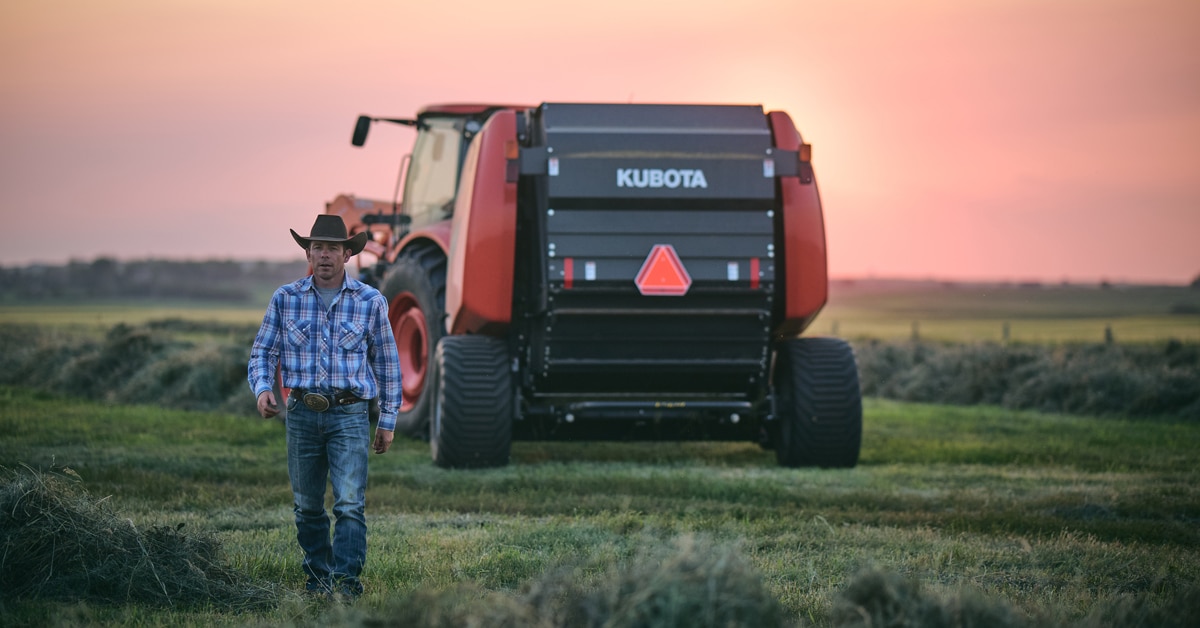Obesity is a prevalent problem in the equine industry. When there is an accumulation of excess fat tissue in the body, negative implications occur. Obesity predisposes the horse to a variety of diseases and negatively impacts exercise tolerance. Unfortunately, this issue is on the rise with the prevalence of overweight horses increasing.
Defining an Easy Keeper
Most horse owners are familiar with the “keeper concept”. This is when horses are classified as “easy”, “medium” or “hard” keepers depending on how readily they gain and maintain weight. The current definitions of the keeper groups come from the researchers’ Johnson and Biddle. They have suggested that easy keepers are likely to be over-conditioned with a body condition score (BCS) ≥ 6, medium keepers can easily maintain a BCS of 5, and hard keepers require additional feed to maintain a BCS of 5. Additional research is needed to fully elucidate this concept.
Negative Implications of Obesity
When a horse is obese, they are in a negative welfare state. This is primarily due to the obese horse being at a higher risk for pathological conditions. The conditions obese horses are more at risk to develop include insulin dysregulation, laminitis, equine metabolic syndrome, inflammation, arthritis, increased blood pressure and decreased fertility for breeding animals. Obese horses have also been shown to have inefficient thermoregulation abilities which could be detrimental to their exercise recovery.
This list of health concerns that increase in risk when an animal is obese is scary. However, separating a horse so that they can be feed restricted has its own negative welfare consequences.
This list of health concerns that increase in risk when an animal is obese is scary. However, separating a horse so that they can be feed restricted has its own negative welfare consequences. Typically, when a horse is obese, they are separated from their herd-mates and feed restricted. Exercise and feed restriction are the typical recommendations for when you have an overweight horse. However, we know that most horses live in a herd setting as they are social animals. Therefore, how do we restrict feed without removing them from the social environment we know that they thrive in? Horse owners need practical tools to be able to manage easy keepers when housed in a herd setting.
Practical Solutions
1) Designing paddock environments to promote movement.
Altering the paddock layout is a great way to encourage more movement in a herd. If your overweight horse is simply standing at a feeder all day long, encouraging some free movement is positive. There are a few different ways to achieve this, observing your herd’s behaviour can help you to determine which approach may work best.
- Adding fencing to encourage the animals to take a longer route
e.g., If they are walking from the hay feeder to the barn, adding fencing to make the walk longer. - Moving resources further apart
e.g., The horse needs both water and forage. Moving the hay feeder further from the water trough can encourage more walking. - Altering feeder locations. This is where observing your herds behaviour comes in.
e.g., Moving the feeders closer together can create more movement as the more dominant horses rotate feeders, encouraging movement for all of the animals.
e.g., Moving the feeders further apart so that the horses must walk further to investigate each feeder location.

A fenced track layout and separate feeding stations can encourage more movement. (Jess Fobert photo)
2) Incorporating straw into the ration
Adding straw to the ration can be an effective method to decrease digestible energy intake without severely restricting the horse’s foraging time. Adding small amounts of straw in combination with the animal’s hay is ideal. Current research suggests slowly introducing straw over a period of a couple of weeks.
The main features of straw to look at are the hygienic quality of the straw as well as the presence of starch and sugar. When visually inspecting the straw there should not be any intact heads of the cereal grain or any mould presence. The best practice is to simply test your straw prior to feeding it, just like you would with your hay! This way you can ensure what you are feeding your horse is truly as low in nutritional value as desired.
Once you have found a good source of straw, you can increase it to a maximum of 25% of the forage ration. Not exceeding 25% is a safe guideline to reduce the risk of any health issues that can arise when horses are fed an all-straw diet.
3) Utilizing slow-feeding technology
Slow feeding is a popular practice in the equine industry. Since horses were designed to graze for upwards of 16-18 hours per day, slowing their forage consumption so that they can have more time for trickle feeding has been encouraged. When choosing a slow feeder, try to purchase one that supports the horse eating in a more natural posture (e.g., head down).
Research has illustrated that slow feeding is effective at reducing the rate of forage consumption when compared to loose forage on the ground. This has been documented with a variety of slow feed options.
4) Decreasing energy-dense feeds (yes, this includes treats!)
When striving for weight loss with an obese horse, all energy-dense feeds should be removed from the diet. Refraining from giving treats can also help reduce the energy intake of the animal. Working with a qualified equine nutritionist to design a personalized weight loss plan for your horse is best practice.
When you work with a qualified nutritionist, they will be able to calculate your horse’s energy needs, test your forage, and make an accurate calculation for how much forage your horse should be getting daily. Additionally, they will also ensure that the diet is not deficient in any vitamins or minerals without adding unnecessary energy.
Don’t Forget Exercise!
If the horse is healthy enough to do so, increasing exercise should be used in combination with a reduction in digestible energy intake. Even if the horse is unable to undertake intense exercise, daily walking has been shown to make a positive difference in a weight loss program. Remember, when designing a weight loss plan for an obese horse it is important that all changes should be made slowly. This includes the introduction of exercise.
To conclude, equine obesity can be a difficult issue to manage, but for the sake of equine welfare it cannot be ignored. Working with your veterinarian and nutritionist to utilize the potential management tools discussed above is a great way to begin a weight loss plan for your horse. Remember that weight loss takes time, so patience and consistency are key when working towards a healthy body condition.
The Latest









